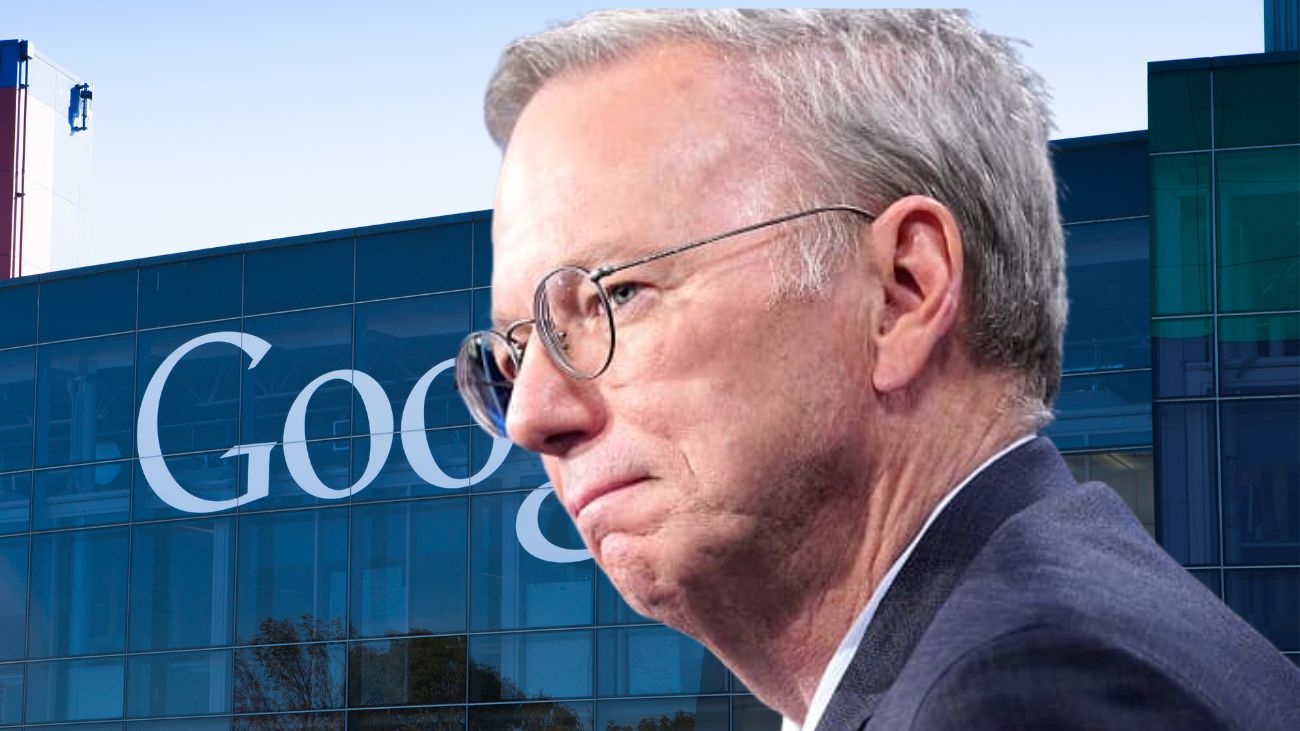Google Ex-CEO Eric Schmidt’s extensive influence over AI and public policy raises concerns in a new explosive report.
Former Google CEO Influenced AI and Public Policy
Former Google CEO Eric Schmidt has come under scrutiny in a new report released by the Bull Moose Project. This advocacy group has been investigating strategic investments and political relationships by Schmidt.
A new report revealed that Schmidt extensively influenced artificial intelligence (AI) and public policy in Washington, D.C.
The investigation, which examined financial disclosures, tax records, and publicly available information, highlights Schmidt’s role in building what the report describes as an “oligarch-style empire designed to influence public policy.”
The CEO’s tenure at Google saw the company expand its lobbying efforts, becoming a prominent force in federal lobbying circles.
“Americans don’t want to believe that they live under ‘the rule of the few,’ rather than a democracy’s ‘rule of the many.’ But this sobering report is a wake-up call that our elected representatives can’t ignore,” said Aiden Buzzetti, president of the Bull Moose Project.
“What we’ve put together reinforces the puppet-master role that big tech leaders play in the public’s lives. All items in this database and report are backed by reputable, verifiable sources, and we plan to update this it regularly so that the public has access to Schmidt’s dealings, even if government refuses to disclose them. Get ready for your mind to be blown.”
The report points out that while Schmidt has never been registered as a lobbyist, he effectively changed government policy to benefit his investments through his carefully cultivated connections.
Schmidt’s involvement in influential government commissions and boards, like the Pentagon’s Defense Innovation Board and the National Security Commission on Artificial Intelligence (NSCAI), further solidified his impact on U.S. policy regarding AI and other tech and defense areas.
“Within the realm of federal lobbying, Google has gone from a veritable non-entity in the early decade to one of the largest lobbying forces among its peers in the United States,” said Dave Levinthal, then a spokesman for the Center for Responsive Politics in 2010. “They’re one of the big boys now.”
Controversial Statements and Conflicts of Interest
During an NSCAI event, Schmidt revealed the commission’s substantial influence, stating they drafted legislation for policymakers to pass, and suggested his team impacted classified annexes to national security-related bills. These statements and lobbying the White House, raised concerns about the extent of Schmidt’s influence on shaping government actions.
“If I’ve learned anything from my years of dealing with the government, is the government is not run like a tech company. It’s run top down,” Schmidt explained. “So, whether you like it or not, you have to start at the top, you have to get the right words, either they say it, or you write it for them, and you make it happen. Right? And that’s how it really, really works.”
While his investments and associations have generally complied with legal and disclosure requirements, government ethics advisers expressed concerns about conflicts of interest. Schmidt’s investments in AI companies, made while he chaired the NSCAI, presented conflicts of interest, though no evidence of illegality or ethics rule violations has been found.
“It’s absolutely a conflict of interest,” said Walter Shaub, a senior ethics fellow at the Project on Government Oversight and a former director of the U.S. Office of Government Ethics. “That’s technically legal for a variety of reasons, but it’s not the right thing to do.”
The Extensive Network and Allegations of Corruption
The Bull Moose Project’s report highlights Schmidt’s vast network of connections across business, government, academia, and other spheres.
His network raises questions about the revolving door phenomenon, where individuals move between the federal government and special interest groups, potentially influencing public policy.
Politico reported his involvement in the White House Office of Science and Technology Policy (OSTP) under President Biden, with several officials associated with Schmidt.
“It’s a concern that Schmidt is at the heart of so many efforts to shape government policy around AI and other tech issues,” said Kelsey Finch, senior counsel at the Future of Privacy Forum. “That’s a tremendous amount of power for any one person or organization to have.”
Get the news you need at It’s On News.


